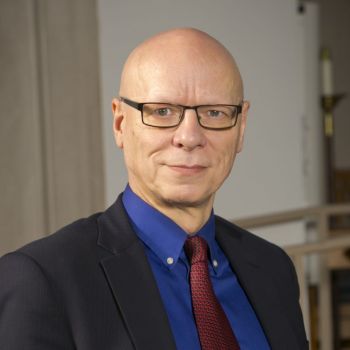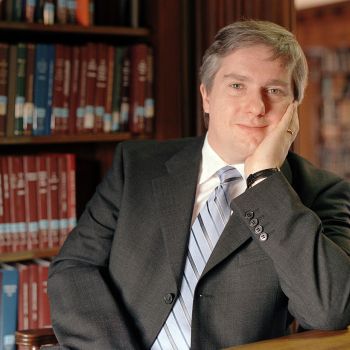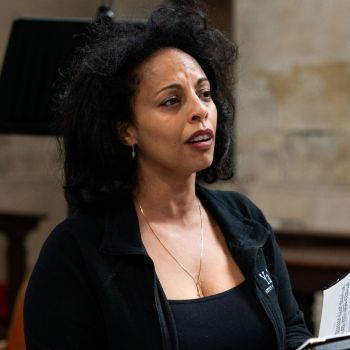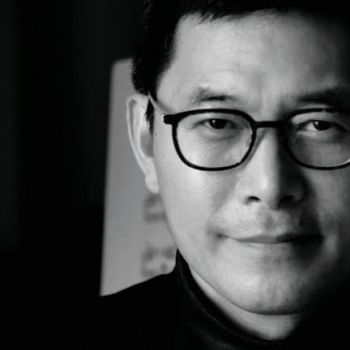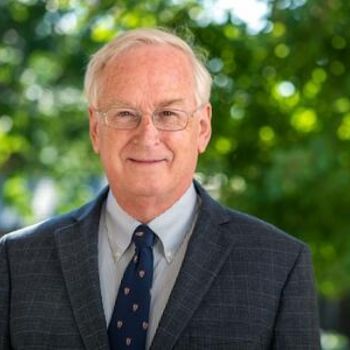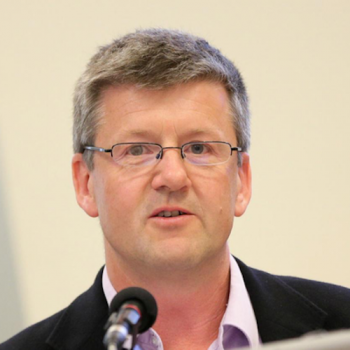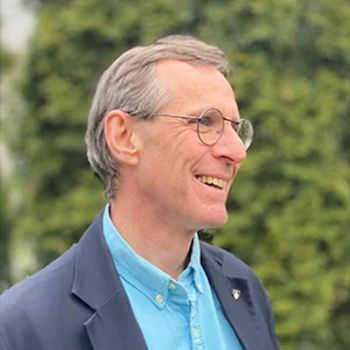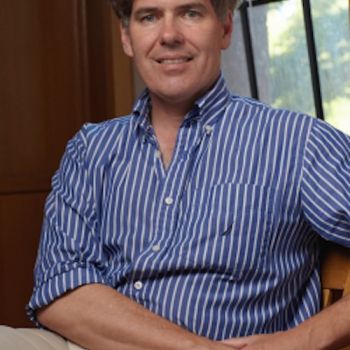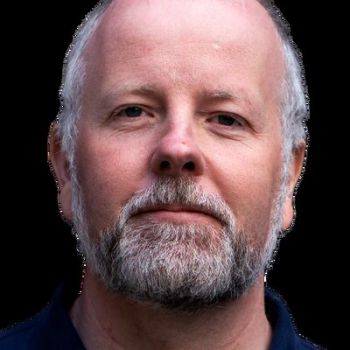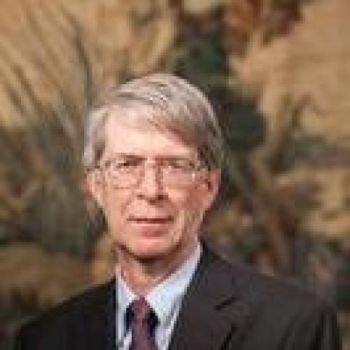DITA engages in innovative research to discover how the arts can reinvigorate theology and theology can reinvigorate the arts.
Theology, Modernity, and Music
The Theology, Music, and Modernity (TMM) project was born out of the conviction that music tells us as much about our culture as any other art form, and—not least—about the ebb and flow of Christian faith within that culture. And yet its unique voice has often been ignored.
The project began in 2015 with a gathering of a group of scholars in Cambridge during the Easter at King's festival and was carried on in a series of gatherings at Duke and Yale Universities, with each exploring the project's central question: How can the study of music contribute to the theological reading of modernity? The project brought together top scholars in the fields of theology and the arts, musicology, and music history, and each gathering featured live presentations by practicing artists and musicians.
The outcome was Theology, Music, and Modernity (Oxford, 2021), a volume comprising 16 essays composed over the project’s four-year period and segmented into four sections: heroic or “revolutionary” freedom, typified by Beethoven; the shift of sacred music from church to concert hall; the pioneering work of Richard Allen, founder of the African Methodist Episcopal Church; and the way musicians of this period often tried to wrestle free of the constrictions of language in the quest for religious transcendence.
This project was made possible by generous funding from the McDonald Agape Foundation.
“This project was one of the most fruitful endeavors I have ever been involved in as a scholar and performer. Above all, we were all made aware that a purely secular account of music in our time cannot do justice to the medium’s transforming power.”
Project Timeline
As part of a wider project (Theology, Modernity, and the Arts), a group of scholars met in in Cambridge to envision a research project that would demonstrate the ways in which music illuminates the theological currents that have shaped the modern era. In the months that followed, a steering committee was identified, project goals were set, and a central question formulated: How can the study of music contribute to the theological reading of modernity?
The project’s first full meeting occurred at Yale’s Institute of Sacred Music in May of 2016. A cohort of 12 distinguished theologians, musicologists, and music theorists gathered, chaired by DITA Director Dr. Jeremy Begbie and Dr. Markus Rathey of Yale University. Six papers were offered on the intersections of theology, music, and modernity in the period 1740–1850, with special attention to the concept of freedom.
Several follow-up meetings at Duke and Yale carried forward the project over the next four years, each focusing on a key topic at the intersection of theology, modernity, and music and including live performances with professional musicians and practicing artists.
Theology, Music, and Modernity, the project's major outcome, was published in March 2021. The volume is comprised of sixteen essays composed over the project’s four year period: heroic or “revolutionary” freedom, typified by Beethoven; the shift of sacred music from church to concert hall; the pioneering work of Richard Allen, founder of the African Methodist Episcopal Church; and the way musicians of this period often tried to wrestle free of the constrictions of language in the quest for religious transcendence.

Project Publication
"This volume is a fine contribution to an ongoing discussion about the crucial meanings of our modern past that continue to shape the way we encounter its musical experiences in the present."
—Anthony J. Godzieba, emeritus professor of foundational and systematic theology, Villanova University
On Resonance: A Symposium
A collaboration between the DAAD Research Hub for German Studies at Cambridge University, the Music Department at Cambridge University, and Duke Initiatives in Theology and the Arts, this 2023 symposium on resonance theory and the work of sociologist Dr. Hartmut Rosa grew out of the Theology, Modernity, and Music project.
Project Contributors
